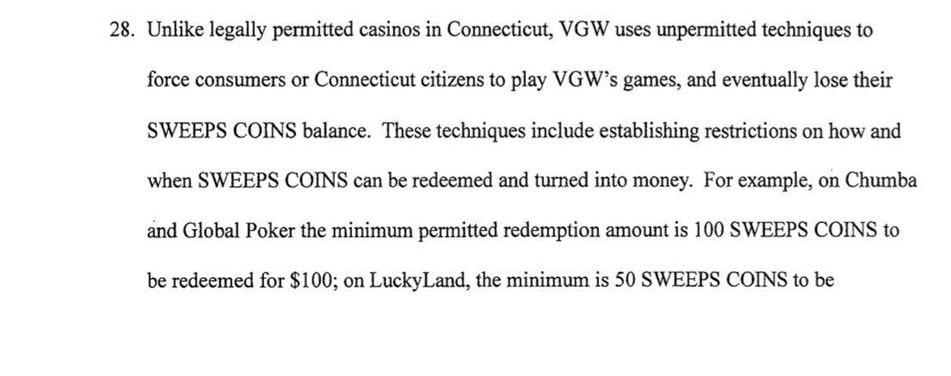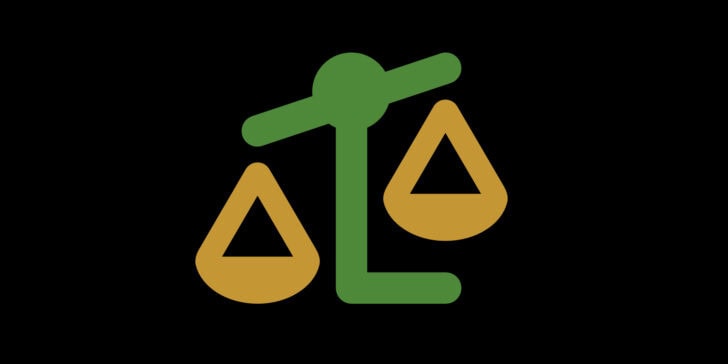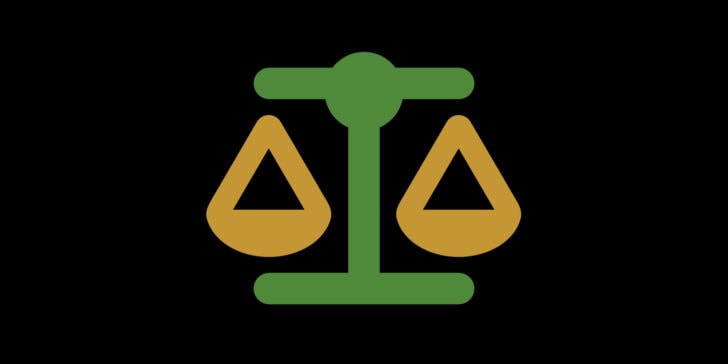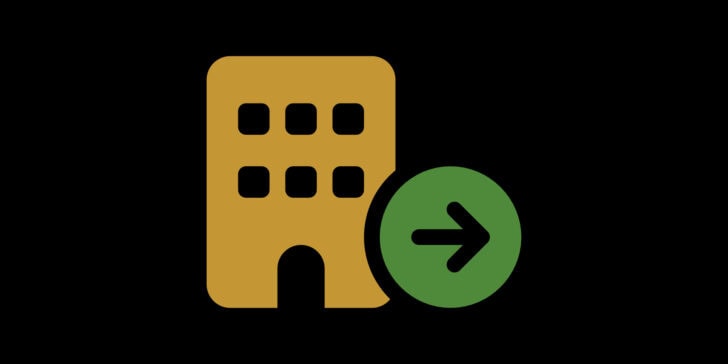The sweepstakes industry has come under intensified scrutiny in recent months, with VGW finding itself at the center of legal controversy. Critics have argued that the sweepstakes model, which VGW heavily uses in its social casinos, LuckyLand Slots and Chumba Casino, exploits loopholes in existing gaming regulations.
Connecticut has joined the long list of states investigating VGW’s practices, becoming the 12th state to pursue a class action lawsuit against the company.
Stephanie Cox is suing VGW in the Hartford Superior Court. She claims that the company runs an illegal gambling platform, which encourages players to gamble more by setting stringent redemption restrictions.
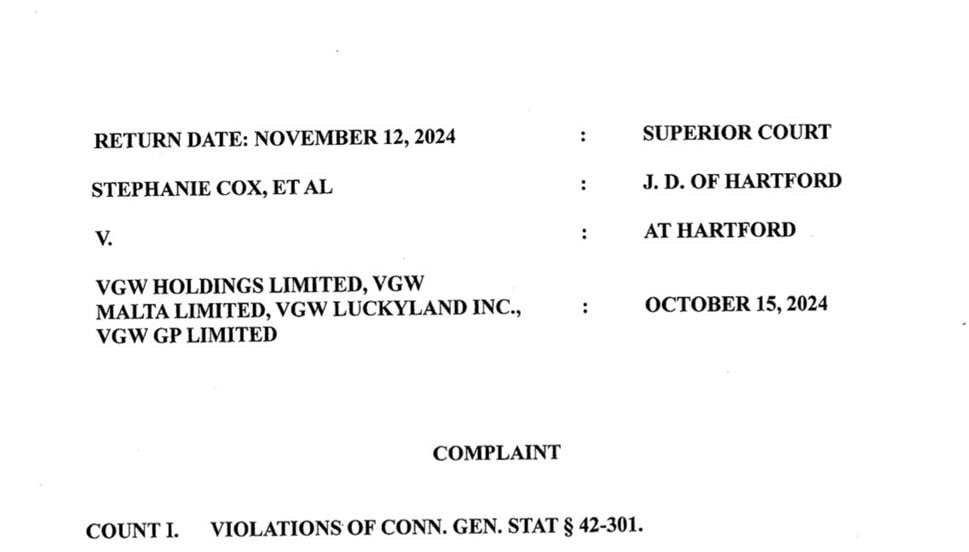
Cox claimed she spent $300 due to VGW engaging in practices banned at legal casinos. According to her, redemption requests can only be submitted once daily and sometimes take weeks to process, causing players to cancel their requests and use their coins to continue playing.
The plaintiff further accused VGW of continuing to offer its casino-style games to Constitution State residents months after receiving a cease-and-desist letter from the Connecticut Department of Public Safety. The letter was issued in February 2024, but the company didn’t leave the state until early October.
Massive Marketing Spend and Revenue Surge
Cox’s legal team also included excerpts from VGW’s audited financials in their lawsuit, proving that the company spent hundreds of millions advertising its social casinos.
Notably, VGW reported “marketing and advertising fees” of $418 million for the 12-month period ending in June 2024, reflecting a nearly 19.7% increase of $69 million from the previous year and a significant marketing investment primarily targeted at North Americans.
VGW revenues from the Chumba and LuckyLand brands also saw a notable 27% increase to $4.05 billion in 2024, which is particularly striking when compared to the entire regulated U.S. iGaming market, which generated only $6.2 billion in annual revenue across seven states in 2023.
Year of Legal Turmoil for VGW
VGW currently faces legal battles in Mississippi, Massachusetts, New York, Georgia, and Florida involving the company’s sweepstakes model, which requires players to purchase Gold Coins before receiving Sweeps Coins. Sweeps Coins can then be used to enjoy casino-style games and redeem winnings for real rewards. The plaintiffs are arguing that this is a form of illegal gambling powered by false advertisement and are looking to recover funds spent on purchases.
Thousands of Kentucky residents received a $11.75 million settlement payout from VGW in 2023 after a successful ruling in the Commonwealth of Kentucky’s Henderson County Circuit Court.
VGW will be looking to avoid another payout by moving these cases to federal courts and exploiting the complexities of the federal judicial system to potentially limit the scope of state-level claims against them.
Sweepstakes Casinos Still Operating in Connecticut
- 10+ fish games
- Native app available
- Exclusive 10 Free SC bonus
- Referral bonus
- Daily rewards
- Slots and skill games
- Fish games
- User-friendly site
- Regular bonuses
VGW brands left the Connecticut market in October 2024, months after receiving a cease-and-desist letter.
For now, other sweepstakes casinos are still operational in CT, including the listed brands. The legal situation of sweeps casinos is ongoing, and SweepsKings will keep you up to date with the latest news regarding state restrictions and the outcome of VGW’s Connecticut lawsuit.
The latest development, as of February 2025, sees the introduction of SB1235 in Connecticut legislature, which could potentially completely outlaw sweepstakes in the state.

